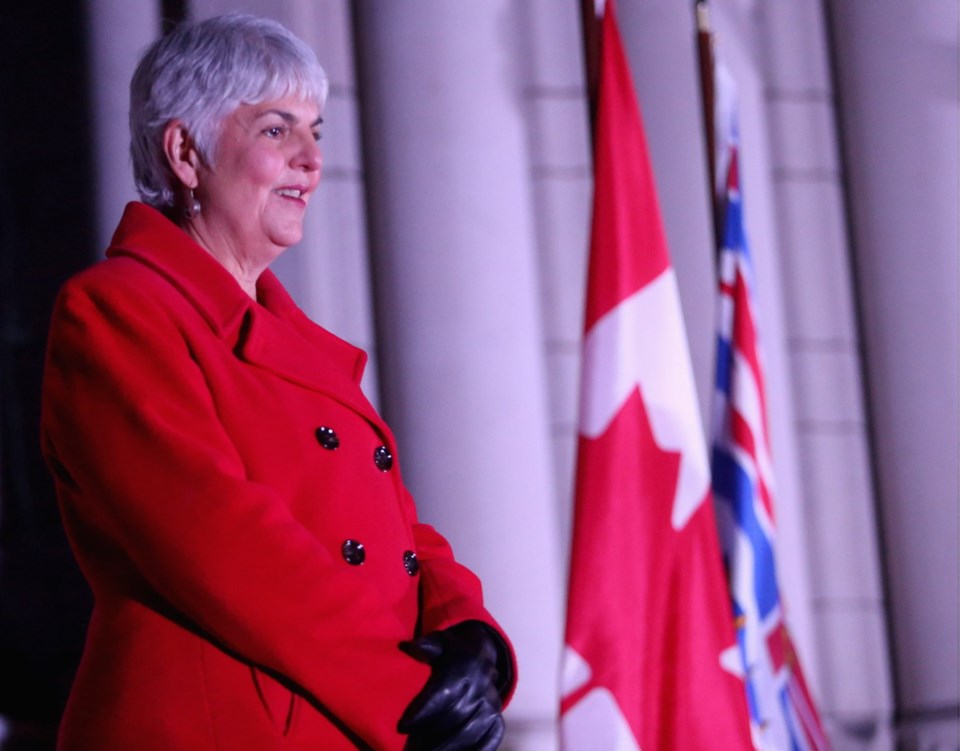VANCOUVER — Several tax hikes could make life more expensive in the new year.
On Thursday, the Canadian Taxpayers Federation issued a statement warning about rising taxes, including the Employer Health Tax, which will eliminate Medical Services Plan premiums in B.C. beginning Jan. 1, 2019.
“The Employer Health Tax will have a cascading effect across the province, putting a chill on new hiring and pay raises, and risking property tax hikes from Port Alberni to Prince George,” said Kris Sims, the B.C. director of the federation. “This is a huge downloading of taxes from Victoria onto the backs of job creators and municipalities across the province.”
But not everyone agrees the new tax will make life more difficult.
The provincial government has said eliminating Medical Services Plan premiums will result in a net tax decrease of about $800 million per year for British Columbians. Families could save as much as $1,800, and individuals could save up to $900 each year.
“While other provinces scrapped MSP premiums, the former government doubled and downloaded these unfair fees onto middle-class individuals, families and seniors. Replacing MSP premiums with the EHT follows the lead of other provinces, and is a much fairer and progressive approach,” Finance Minister Carole James said in July.
But the taxpayers federation said the new tax will be a “double dip of taxation” on B.C. employers.
The organization predicted many municipalities could see increases to their budgets because they have a payroll of more than $500,000, which could in turn lead to “budget cuts or property tax hikes.”
The City of Surrey faces a cost increase of $4.7 million to pay for the health tax, said the federation.
The Employer Health Tax Act sets a tax of 1.95 per cent on the payroll of businesses with revenues over $500,000. The government has said that fewer than five per cent of businesses in B.C. will pay the full tax. The majority of small businesses will be protected by the $500,000 exemption that phases out gradually, while the payrolls of charities and non-profits will be shielded through a $1.5-million exemption.
The Employer Health Tax aside, the federation also pointed to other taxes expected to increase in 2019, such as the school tax. Homeowners in places such as West Vancouver and North Vancouver with homes valued at more than $3 million are “getting hammered,” according to the federation.
Tax hikes will continue throughout the year, with the carbon tax leaping from $35 per tonne to $40 per tonne on April 1, 2019. The increase will tack 8.89 cents onto every litre of gasoline bought in B.C.



